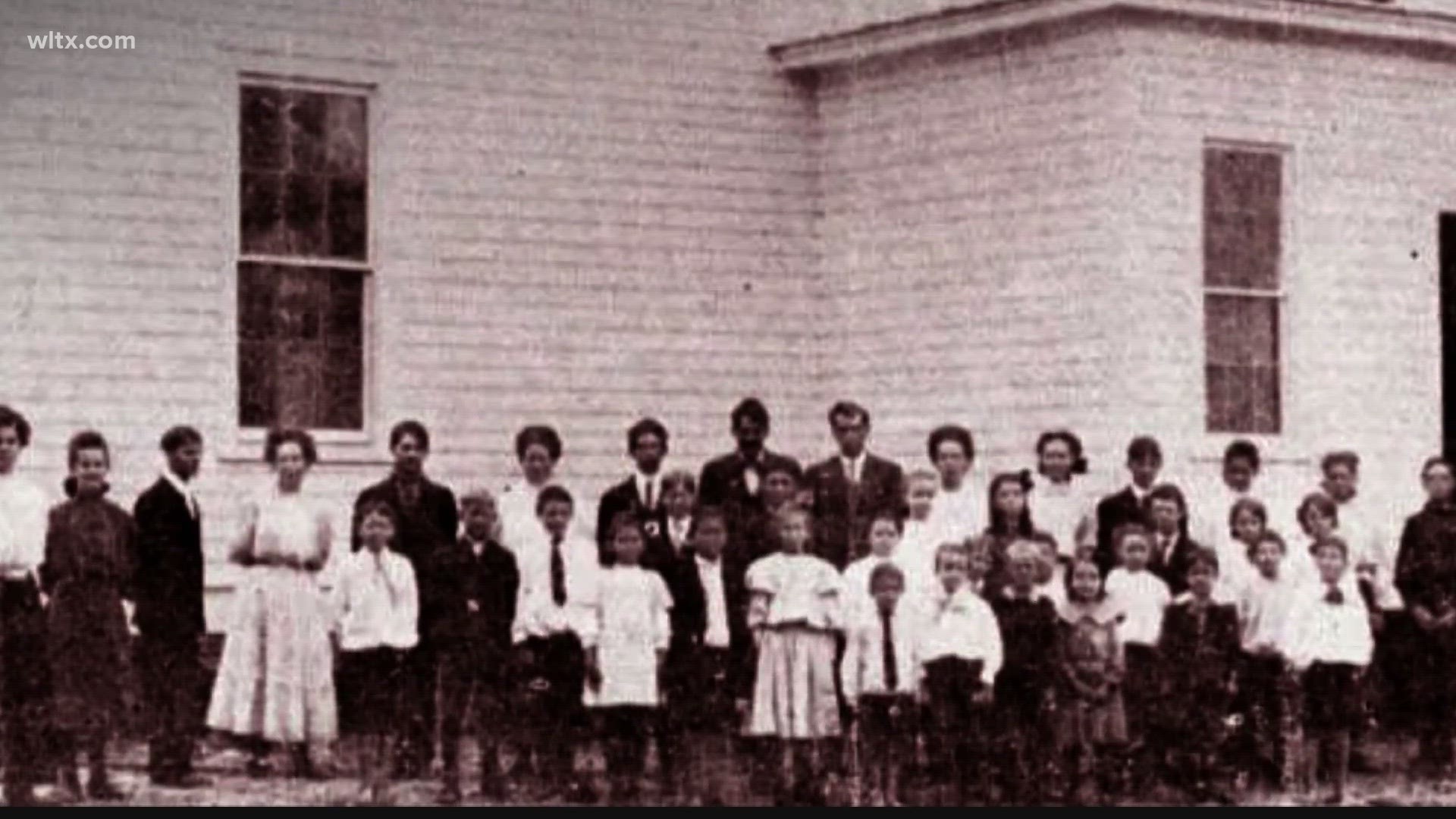CAMDEN, S.C. — On May 17th, 1923, the deadliest fire in the history of South Carolina, the Cleveland School fire, shook the community.
The fire was at a small school in Camden, and it led to the state rewriting the state’s fire code laws to prevent such a tragedy from ever taking place again.
“She was incoherent and kept repeating, 'I see Jesus, Jesus help me.'" Those are the words Linda Rodgers read from her aunt Clara Wootsen's journal about the night of the Cleveland School Fire.
"77 people lost their lives, much of which, if you can imagine in 1923 ... There was no fire service out here, so there were no firefighting efforts, so the fire essentially burned until it was done burning,” Camden Fire Chief John Bowers said. Around 41 of the people who died were students.
Bowers said it’s the largest loss of life event in South Carolina, outside of war.
The night the fire occurred, there was an assembly at the Cleveland School. Around 300 people were there.
It was to have been the last play of the year on the last night the school was to be used.
During the play, around 9 p.m., an oil lantern fell onto the stage. The massive crowd, hampered by narrow, chair-cluttered aisles, rushed to get to the only exit available: a 30-inch wide stairway. The wooden stairs collapsed, trapping people and forcing many to jump from the second-floor windows.
The devastating fire led to change and the development of modern fire codes.
“I'm certain maybe hundreds, if not thousands of lives, have been saved because of the lessons learned from this," Bowers said. "Laws have been changed, not only in South Carolina, but across the nation that help save people's lives, like exits having to open outwards, the proper width of stairs, so many things, auditoriums or places of assemblies need be on the level of exit discharge, essentially the first floor, not above or below.”
Family members who returned to remember their loved ones say they are glad change has been made.
“I think it needs to be recognized, and I'm so glad all the new fire laws are in place,” said Phyllis Waynescott, whose grandmother survived the fire.

